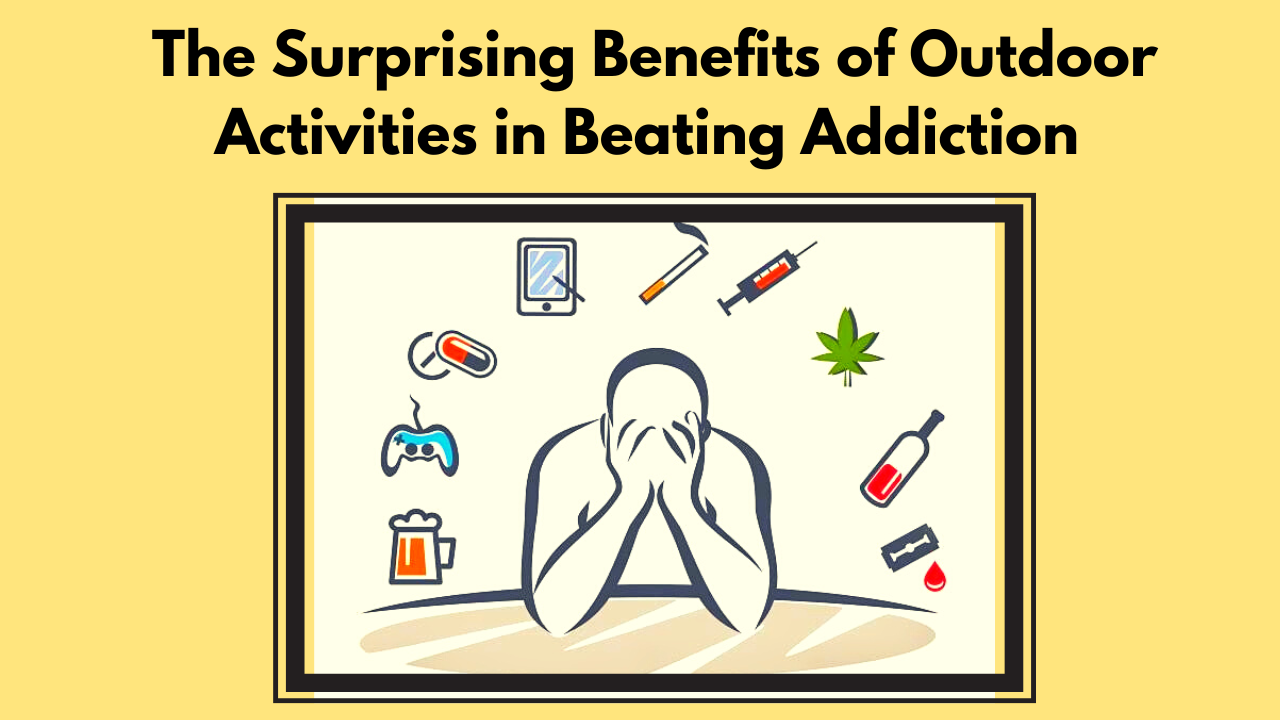Are you tired of struggling to let go of that final glass of alcohol?
Are you feeling drained from the constant pleas of your loved ones, urging you to abandon your addiction?
Are you fed up of the endless scrolling on your device, hopping from one app to another?
Do you find yourself constantly seeking virtual validation and getting overwhelmed with notifications?
Worry not, we have a solution that would help you with just the right amount of self-care.
Addiction is a complex and daunting issue that millions of individuals grapple with every day, significantly affecting their physical, psychological, and emotional well-being. The primary mechanism at play in this issue is the dopamine reward circuit. This circuit, present in our brains, plays a crucial role in reinforcing rewarding behaviours and contributes to the development of addictive tendencies. To effectively address these tendencies, it is essential to take an overview of the science behind it.
Dopamine is a neurotransmitter, a chemical messenger that transmits information within the brain. Central to the brain’s reward system, dopamine plays a crucial role in developing addictive tendencies. When an individual engages in pleasurable activities, such as eating or exercising, the brain releases dopamine, which trains them to repeat the behaviour that led to its release.
Essentially, addictive substances or addictive behaviours like video gaming, Social Media scrolling, binge eating, compulsive shopping, and gambling cause a surge in the release of dopamine in the brain that is ten times higher than that released for routine pleasurable activities, which reinforces the pleasurable experience and drives the person to repeat the same behaviour to obtain more rewards. With chronic use, the threshold for the release of dopamine release increases, leading individuals to crave and pursue addictive behaviours with an even greater intensity than before.
Although conventional treatment methods such as medication, behavioural therapy, and support groups can help, advanced research increasingly recommends the integration of alternative treatments focused on nature and adventure therapy to foster positive results.
Adventure therapy is an innovative and experiential approach to mental health treatment that combines therapeutic interventions with outdoor activities, such as hiking, rock climbing, or kayaking. This modality promotes personal growth, self-awareness, and healing by fostering connections with nature, challenging participants both physically and emotionally. Adventure therapy is effective for individuals of all ages and backgrounds, offering tailored experiences to address various mental health concerns such as addictive disorders, anxiety, depression, or trauma.

By combining the power of nature, physical activity, and therapeutic interventions, adventure therapy offers a holistic approach and encourages individuals to take an active role in their own recovery and empowers them to develop the skills and mindset needed to overcome challenges both in therapy and in their everyday lives.
There are numerous ways in which adventure therapy can be a potential form of treatment for dopamine-caused addictions.
1) Rewiring of the Dopamine Reward Pathway:

In adventure therapy, engaging in adventurous activities and overcoming challenges can trigger a sense of accomplishment and excitement. These experiences activate the brain’s reward pathways, leading to the release of dopamine. This release of dopamine can provide a natural and healthy alternative to the artificial dopamine release caused by addictive substances or behaviors.
By participating in adventure therapy, individuals with dopamine-driven addictions can experience a shift in their reward-seeking behavior. Instead of seeking out substances or behaviors that artificially elevate dopamine levels, they can find fulfillment and pleasure in the adventure activities themselves.
Additionally, adventure therapy often involves physical activity, exposure to nature, and social interactions, which can further enhance the release of dopamine and promote a sense of well-being. Physical exercise stimulates the release of endorphins (the body’s “feel-good” chemical), which further activate dopamine receptors in the brain.
Furthermore, adventure therapy can help individuals develop coping skills, emotional resilience, and a sense of self-efficacy. These factors play a crucial role in managing cravings and resisting the temptation to engage in addictive behaviors.
2) Raised self-worth and confidence:

Adventure activities often involve overcoming physical and mental challenges. By successfully tackling these challenges, by coming out of their comfort zones, individuals develop a sense of accomplishment and build confidence in their abilities to overcome obstacles and handle challenging situations in everyday life.
Additionally, Adventure therapy fosters resilience by exposing individuals to controlled levels of stress and discomfort. As they navigate through thought-provoking and uncomfortable experiences, individuals learn better problem-solving skills and creative abilities.
3) Positive social interactions:

Adventure therapy often includes group activities and teamwork, fostering positive social interactions and connections. Positive social interactions can also trigger the release of dopamine, enhancing the rewarding aspects of engaging with others and reinforcing prosocial behaviour.
3) Attention restoration:

Adventure therapy can help restore and improve attention and focus. Exposure to natural environments provides a respite from the constant stimuli and demands of modern life, allowing the mind to break free from the clutches of addictive patterns and recover from mental fatigue.
Going out in nature and participating in adventure therapy can certainly be intimidating for many of us. This may be one reason why individuals often turn to their mobile screens and other addictive patterns for comfort, ultimately falling victim to addiction in the first place. To help those who feel overwhelmed by the idea of immersing themselves in nature or engaging in adventure therapy, we can offer some advice and support to make the experience more approachable and enjoyable.
a) Start small:
Instead of jumping straight into intensive outdoor activities, begin with short nature walks or gentle hikes in familiar areas.
b) Find a supportive community:
Connecting with like-minded individuals or joining local outdoor clubs can provide encouragement, motivation, and tips on overcoming any apprehensions.
c) Learn from others:
Seeking advice from experienced outdoor enthusiasts can teach you valuable tips on how to navigate the natural environment safely and confidently.
d) Prioritise safety:
At Kyari, our mission is to ensure that you fully immerse yourself in nature without having to worry about your safety. With this goal at the forefront, we have developed a safety gadget, the Smart Stick. This innovative tool not only provides an essential measure of protection while outdoors but also serves as a reliable companion for all your wilderness adventures.
e) Focus on the benefits:
Reminding yourself of the physical, mental, and emotional benefits of spending time in nature can help increase your motivation and discipline in life.
Conclusion
The mainstay of treatment for addictive disorders traditionally involves medical management, such as pharmacological interventions, and cognitive-behavioral therapy (CBT). However, current research suggests that adventure therapy can be a beneficial adjunct to these conventional approaches. Adventure therapy involves engaging in outdoor activities and experiential challenges to promote personal growth, self-reflection, and positive behavioural changes. By rewiring the brain’s dopamine pathway, it helps significantly to reduce reliance on dopamine-caused addictions and develop healthier coping strategies for managing stress and anxiety.
Related Posts
Check out Kyari for more content on Adventure.
Shop our Products
Shop our Smart Stick from here.
